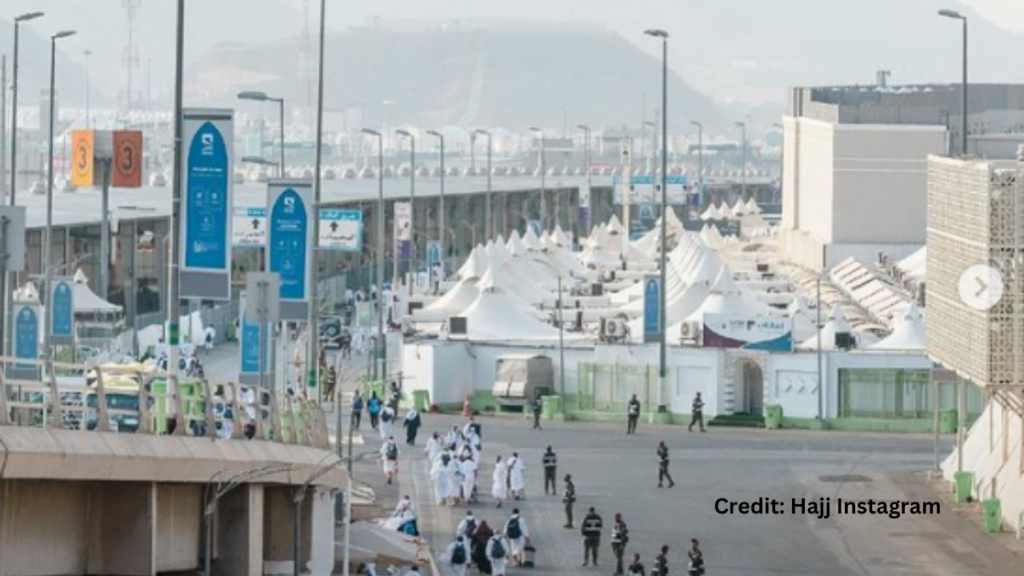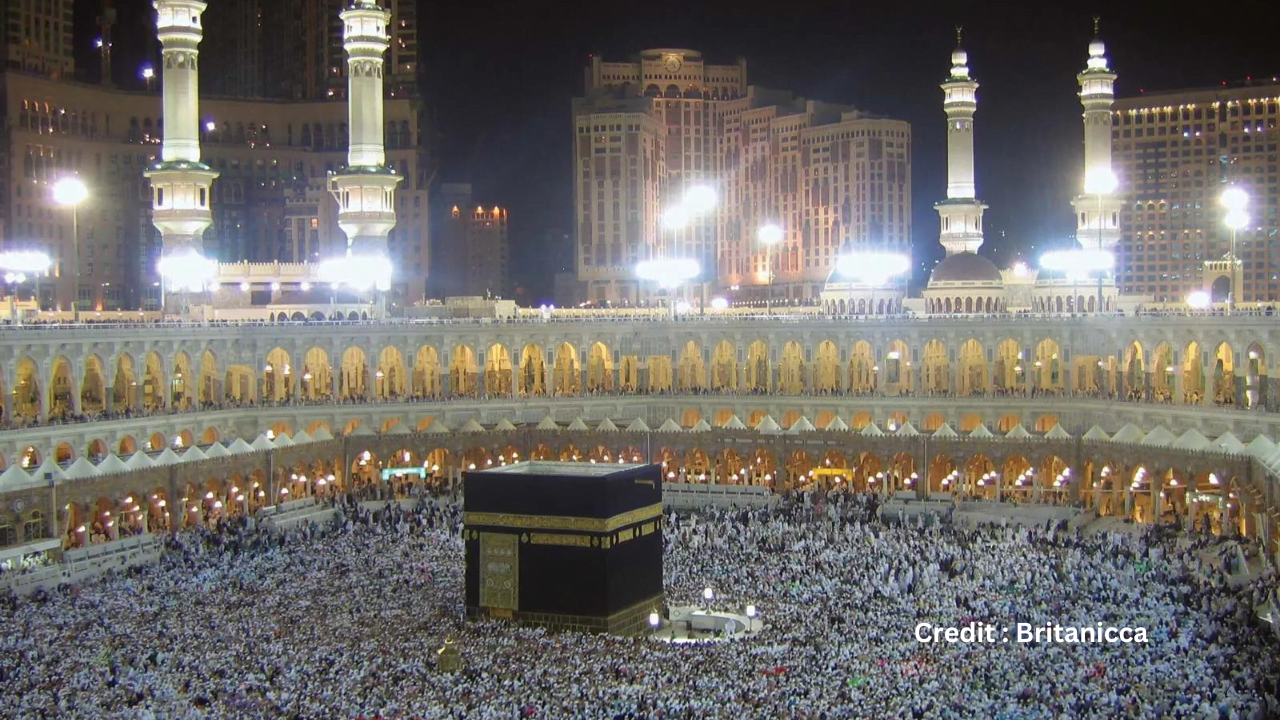Trajedy During Hajj:
This year, the Hajj pilgrimage, an important Muslim religious event, was marred by the unfortunate deaths of 1,081 pilgrims from around 10 countries. Among these, 98 Indians have lost their lives tragically. The Indian government confirmed these deaths and mentioned that these deaths were occurred due to natural cause.
Saudi Arabian government is well known for tight security measurement. There has been massive preparation put up throughout every strata so far pertaining to the security of the pilgrims. Nonetheless, the scorching heat characteristic of Saudi Arabian summers has remained an impediment against such efforts due to the harsh conditions this season presents.
The Hajj Pilgrimage: A Test of Faith and Endurance:
The Hajj is obligatory for Muslims those who are physically and financially capable, and should undertake this journey to the Hajj once in their lifetime. This sacred voyage takes around 5- 6 days where the pilgrim undertakes different rituals within the holy city of Mecca accompanied by the adjoining regions such as Arafat which ends with Ramy al-Jamarat or stoning devils at Mina valley. This year’s Hajj took place at the height of Saudi summer when temperature levels reached a record high of 51.8 C (125 F).
A combination of scorching heat and physical exertion required during the pilgrimage is proved to be fatal during Hajj. Every year, about half million people globally die as a result of medical conditions brought about by extreme temperatures as stipulated by the World Health Organization (WHO). However; real numbers could be as much as 30 times higher. This tragic year Hajj has further underscored the deadly implications of extreme heat.

The Toll on Indian Pilgrims:
This year we had 1,75,000 Indians who travelled to Saudi Arabia for Hajj but 98 lost their lives during it. The Government of India conveyed their condolences as well as informed the families that anything required for support that will be availed to them by the ministry. Additionally, the ministry has reiterated its commitment to ensuring that every Indian who is on pilgrimage in Saudi Arabia goes back to his/her country alive.
The Executive Officer of Karnataka State Haj Committee S. Sarfaraz Khan has highlighted that according to traditions and agreements with the Saudi government, bodies of pilgrims who passed on while on Hajj are not brought back home. This practice brings even more grief to the relatives left behind.
Broader Impact and Efforts to Mitigate the Crisis:
Pilgrims from different nations are greatly affected by the heatwave. Egypt recorded the highest number of casualties at 658 out of which 630 pilgrims were without proper identification records. The large number of unregistered pilgrims poses a daunting task for the authorities in managing and providing care for all attendees.
In response to this situation, a detailed plan for improving health care services for Hajj pilgrims was launched by Indian Union Health Ministry. This included revision of medical screening procedures and fitness certificates required from Hajj applicants; distribution of health cards to
selected pilgrims; organization of vaccination camps as well as setting up health desks at points of departure. Furthermore, there are medical personnel posted at various sites across Saudi Arabia where such personnel can provide immediate support for anyone who needs it.
The Way Forward:
The devastating loss of life during this year’s Hajj underscores the need for better safety and disaster preparedness through extreme climatic changes. The Indian government should collaborate with other nations and the Saudi authorities to ensure that future Hajj pilgrimages would be safer than this year and some support mechanisms are developed.
One crucial element includes creating awareness about heat-related risks so that people take protective measures before it is too late. This can improve whether he/she understands the importance of knowing the symptoms of heatstroke or signs leading to serious illness caused by excessive warmth and then accordingly prevent himself/herself against harmful rays.
The second important measure would be constructing better facilities which offer proper protection against sunlight exposure thereby providing reliable shelter during such journeys. Furthermore, installing temporary shades where pilgrims rest upon arrival helps thousands from dying due to heat-related sicknesses as these shade stations cool them off even though they do not provide long-term remedy. During screening, it is important that only those fit enough should receive permission to undertake the pilgrimage.

Conclusion:
The hajj is a spiritual journey for the followers of Islam around the world. Nevertheless, tragic events took place this year; consequently, causing many people to die because of severe weather conditions affecting large gatherings.
The loss of 98 Indian pilgrims among others from all over the world, is a wake-up call for Indian governments and other international organizations to work together and implement effective measures in order to protect the lives of pilgrims.
By learning and going through this devastating phase, the government and other organization should take necessary improvements so that future Hajj pilgrims can take this pilgrimage with peace of mind and in better health. Pilgrims who then go home feeling happy that they have fulfilled their religious obligations in a peaceful mind.
You may also like:

International Yoga Day 2024: Advocating For Health And Consolidation

Nalanda University and Bihar Under The Leadership of 14th PM Narendra Modi

Kanchanjunga Express (13174) Train Accident: A Tragedy in West Bengal


Modi meets Trudeau at G7 Summit: Diplomatic Tensions and Future Collaborations Unveiled

Narendra Modi at G7 Summit 2024: Shaping Global Strategies and Influencing World Dynamics

Global Gender Gap Report 2024: A Deep Dive into the Progress and Challenges of India



5 thoughts on “Tragedy During Hajj: 98 Indians Among 1,081 Pilgrims Dead Due to Natural Causes”